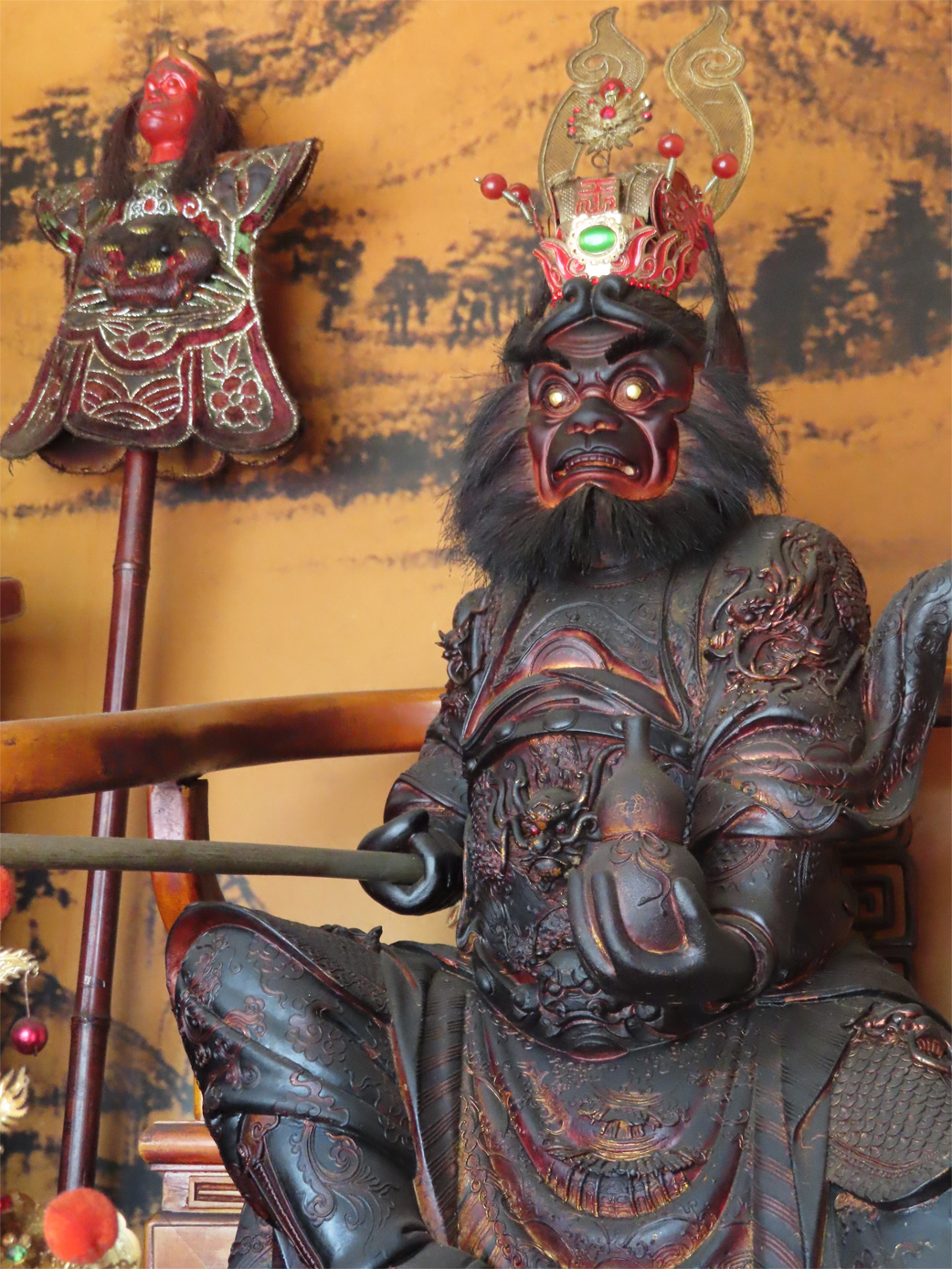- 11,807
- 7,371
That's irrelevant. You can be a Christian and write about God, and you can be a hindu and write about Shiv.This is an argument, but it is not the most important one. The most important thing is that some deities are not treated as fiction by the author.
This is kind of a dated notion of heresy I feel, other argument is the only relevant one.



